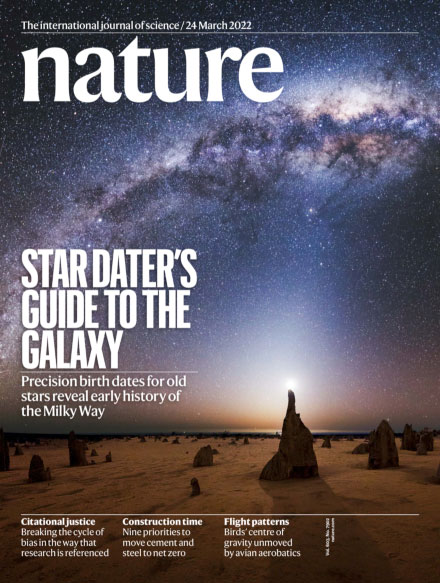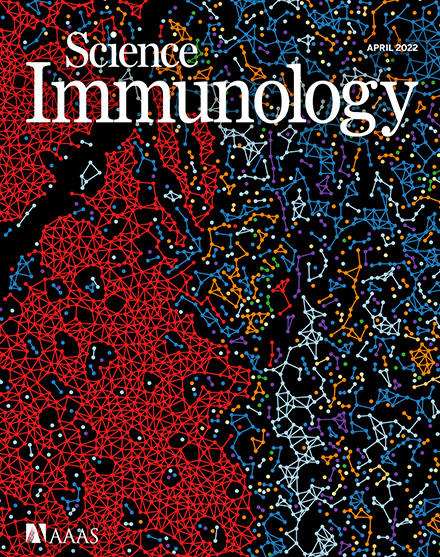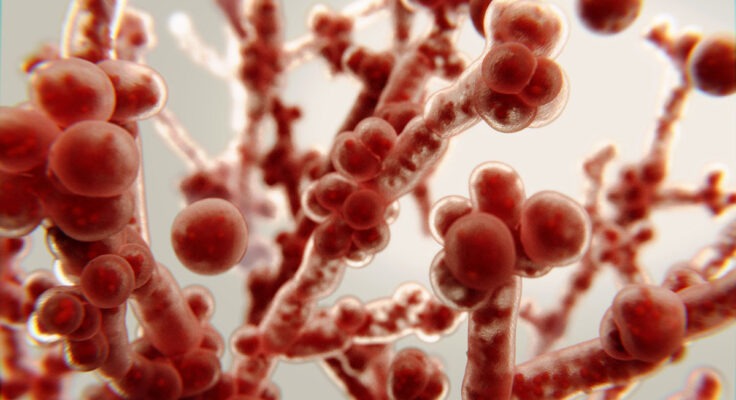The Kenneth Rainin Foundation champions promising untested ideas and supports early career investigators. Our Health grantmaking aims to advance game-changing research that has the potential to improve the lives of people with Inflammatory Bowel Disease (IBD). So, it’s thrilling when our grantees gain recognition or high-profile journals publish their findings.
Over the last year, three investigators and one medical startup, whose early-stage ideas were supported by Rainin Foundation grants, have made headlines for their important progress. Below I share highlights on their work and how it’s advancing the understanding and treatment of this complex disease.
Recognizing Troublemakers In The IBD Microbiome

Dr. Iliyan Iliev and his lab at Weill Cornell Medicine are exploring the diverse and rich community of fungi that live in the gut. In 2015, he received a Rainin Foundation Innovator Award for his research into the mycobiota’s role in immunomodulatory therapy for IBD. An unusual focus at that time, it brought about a surprising discovery about the growth of antibodies in response to common intestinal fungi. His continued progress has led to new insights about Candida albicans yeast, reported in March 2022 in Nature. Dr. Iliev’s team analyzed individual strains, or genetic variants, of C. albicans in people with and without ulcerative colitis. They found that certain “high-damaging” strains in patients with severe disease produce a potent toxin that damages immune cells. By revealing the strain-specific nature of host–fungal interactions in the gut, their findings suggest avenues to tailor treatments to individual patients.

Dr. Kate Jeffrey investigates another overlooked dimension of the gut’s microbiota ecosystem—viruses that make up the enteric virome. Dr. Jeffrey became a Moderna Executive Director in 2021, but prior to that she was at Massachusetts General Hospital, where her lab built on research we supported in 2015. A 2020 Synergy Award provided continued support for her collaborative work to identify protective roles of the intestinal virome. More recently, her lab joined other researchers in a larger cross-disciplinary collaboration, continuing to challenge the misconception that all viruses are harmful. In April, their findings were published in Science. Comparing IBD and non-IBD human viromes revealed how perturbations detected by innate immune system sensors provoked inflammation in IBD viromes. In contrast, viruses introduced from non-IBD tissue were protective and dampened inflammation, indicating their therapeutic and biomarker potential.
A High-Risk, High-Reward Fellowship
In November 2021, former grantee Dr. Mohamed Abou Donia at Princeton University received the National Institutes of Health (NIH) 2021 Transformative Research Award. This highly prestigious and sought-after fellowship, part of the NIH Common Fund’s High-Risk, High-Reward Research Program, supports investigators pursuing exceptionally innovative and unconventional research. Dr. Donia earned recognition for research with collaborators and fellow Princeton awardees—Drs. Coleen Murphy and Zemer Gitai. Their project investigates the intersection between the rise in antibiotic resistance, and the myriad ways that microbiome bacteria impact human health. More recent is the group’s paradigm-shifting discovery that animals can directly sense and respond to bacterial small RNAs. They aim to identify and define the function of these RNAs that “talk” to hosts from pathogens and the healthy microbiome. Their research could lead to new therapeutic interventions. We’re thrilled that Dr. Donia continues to build on research funded in part by Rainin Foundation Innovator Awards in 2015 and 2017 into the role of microbiota-derived small molecules in the cause of Crohn’s disease.
“Our research has the potential to establish new paradigms for microbe-host interactions and pave the way to desperately-needed new therapies.”
Mohamed Abou Donia, PhD
An “EKG For The Gut” Demonstrates Technical Validation
In 2016, the Rainin Foundation broadened funding eligibility to include start-ups and entrepreneurial companies in addition to nonprofit institutions. This shift created an opportunity to award grants to G-Tech Medical in 2016 and 2019 for its development of a medical device that could transform how gastrointestinal motility is monitored. Dubbed an “EKG for the gut,” the noninvasive device is a wearable, wireless patch. It is designed to measure gastrointestinal motility, to help diagnose, treat and monitor IBD and other gastrointestinal disorders and evaluate the effectiveness of various therapies. It holds promise for patients and clinicians alike to help manage IBD.
The company’s progress has been swift, catalyzed by early funding and ongoing collaborations with other Rainin Foundation grantees. G-Tech Medical’s fifth peer-reviewed article was accepted for publication and will appear in the November 2022 issue of the Journal of Surgical Research. The article presents findings from a collaborative study with Stanford University. It’s the first to focus primarily on technical validation, demonstrating signaling correspondence between their patch system and internally implanted electrodes.
Advancing IBD Research
The Rainin Foundation’s Health grantmaking enables researchers worldwide to test ideas and collaborate to advance the understanding of IBD. Visit krfoundation.org/ibd to learn about the Foundation’s grantees and research funding areas. Save the date and join researchers, trainees and clinicians at our Innovations Symposium, which will be held Monday, July 17–Tuesday, July 18, 2023 at the Palace Hotel, San Francisco, California.

